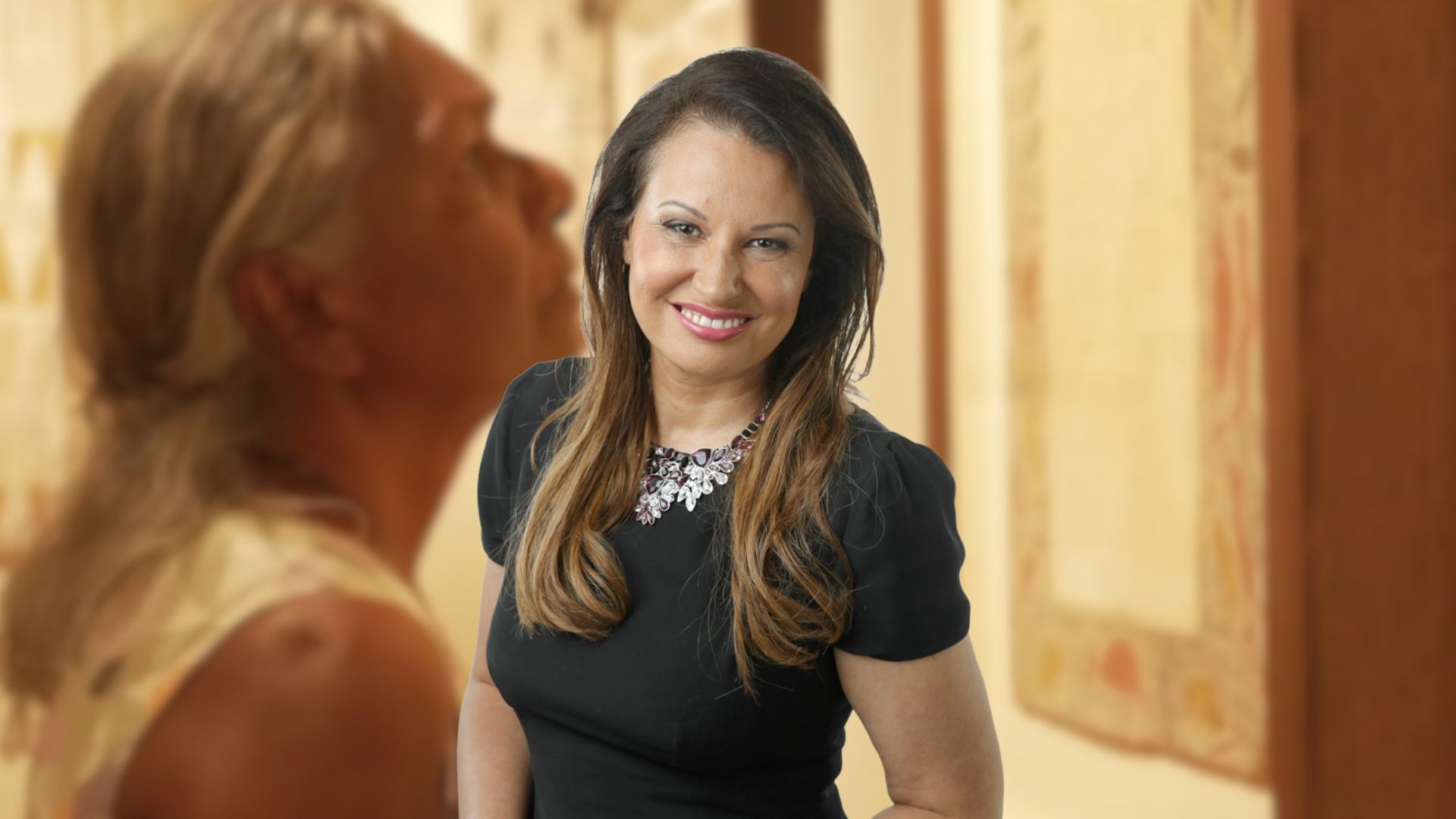
Interview with “One Mind, One Heart” Director, Larissa Behrendt
Larissa Behrendt – a Euahleyai/Gamillaroi woman – is an academic, lawyer, award winning author and an award winning filmmaker. One Mind, One Heart is a documentary focusing on when a historic Yirrkala bark petition was found in Derby, Western Australia, the community began the ceremony of guiding its journey back to Yolngu Country. One Mind, […]
Hosted By
KT & Oti
For Your Reference
Show Notes
Larissa Behrendt – a Euahleyai/Gamillaroi woman – is an academic, lawyer, award winning author and an award winning filmmaker.
One Mind, One Heart is a documentary focusing on when a historic Yirrkala bark petition was found in Derby, Western Australia, the community began the ceremony of guiding its journey back to Yolngu Country.
One Mind, One Heart will screen on SBS on 19th January.
This interview is audio only. For other video interviews check out our YouTube playlist.
—
Summary
In the realm of storytelling and advocacy, the voices that resonate the most are those that come from the heart of the experience. Larissa Brent, a a Euahleyai/Gamillaroi woman who wears many hats as an academic, lawyer, award-winning author, and filmmaker, is one such voice. Her film One Mind, One Heart reverberates with the potent narrative of the historic Yirrkala Bark petition, its journey back to the Yolngu country, and the resilience ingrained in Indigenous stories.
An Insight into “One Mind, One Heart”
On the For Your Reference Podcast, hosted by KT, Larissa offers a unique glimpse into the making of One Mind, One Heart, a documentary that not only premiered at the Adelaide Film Festival but also captures the luminosity of Indigenous strength and storytelling. The film is set to screen on SBS on January 19th.
Larissa shares how having Yenamul Mangengar, the film’s central figure, present at the premiere was a profoundly reassuring moment. Her presence and approval of the film highlight the essence of community and personal storytelling.
The Power of Storytelling in Advocacy
Drawing from her extensive background across various industries, Larissa speaks passionately about the transformative power of broadcasting and filmmaking. Both are mediums through which she amplifies voices that demand to be heard, allowing stories, especially those of strong Aboriginal women, to reach wider audiences. Larissa emphasizes that stories are not just narratives but tools for fostering self-determination, law reform, and challenging colonial structures.
Documentaries like One Mind, One Heart play a crucial role in chronicling First Nations experiences, capturing their strength and resilience while reframing misguided stereotypes. Larissa hopes that by highlighting these voices and stories, non-Indigenous audiences will find a deeper understanding and a sense of shared history.
Voices that Shape the Narrative
An element that makes One Mind, One Heart particularly poignant is its diverse array of voices. The film features influential Indigenous and non-Indigenous figures like Professor Clare Wright and Peter Yu, whose insights and stories help weave a rich and eclectic tapestry. Larissa’s filmmaking approach, akin to weaving, combines various elements and viewpoints, creating a narrative that is both unified and multifaceted.
KT highlights the significance of these voices, acknowledging the effort in balancing and integrating them into the film. This diversity of perspectives underlines the fact that Aboriginal and Torres Strait Islander people are not a monolith, but a tapestry of unique voices and experiences.
Confronting Contemporary Challenges
In addressing the sensitive context of post-Referendum Australia, Larissa sheds light on how the stories she tells must resonate with the communities they portray. The dignity and grace exhibited by the Yolngu people throughout their history is mirrored in the film’s tone. As Larissa notes, the strength in their unified voice is more critical now than ever with the ongoing political discourse around Indigenous rights.
The film endeavors to remind audiences—Indigenous and non-Indigenous alike—of the enduring resilience and steadfastness of communities like the Yolngu. A rejection at any political juncture does not deter the mission for sovereignty and equality.
A Call to All Audiences
In conclusion, Larissa invites all viewers of One Mind, One Heart to reflect on the resilience and ongoing cultural and political advocacy present in Indigenous communities. For First Nations people, it’s a celebration of perseverance and strength. For others, it’s a call to better understand the continuous struggle and ambitions of Indigenous communities.
For Your Reference – A Cinematic Pairing
To accompany One Mind, One Heart, Larissa recommends pairing it with films or series that provide greater context and depth about Indigenous experiences. She suggests The First Inventors for historical insights, and the upcoming Top End Bub, which promises humor and warmth while addressing significant issues.
Through Larissa’s passionate storytelling, One Mind, One Heart stands as a powerful reminder of the enduring strength, voice, and unity within Indigenous histories, urging us all to recognize and respect the rich tapestry of stories that constitute our shared narrative.
Episode Details
- Duration
- 0:00
- Released
- January 14, 2025
- Category
- Interview
- Hosts


Up Next
We Need to Talk About Kevin – Deliver Us From Eva
February 10, 2026
Ratcatcher – What’s New Pussycat?
February 3, 2026
Marty Supreme, 28 Years Later: The Bone Temple, Night Patrol & My Brother’s Band
January 31, 2026